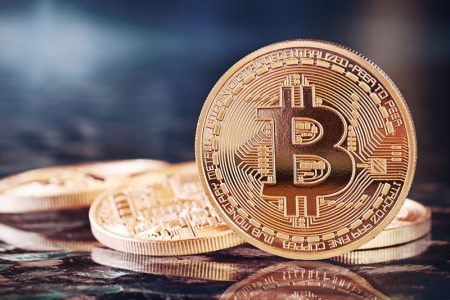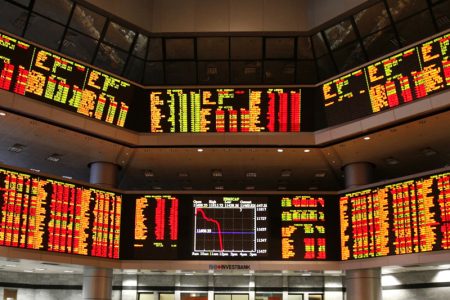Economics can be a very strange game and that’s the subject of the riff. Take for example, the Conference Board’s Consumer Confidence Index just out today for the month of July. The overall index was up slightly from June, but lower than May and most importantly, down 12% from a year ago. Today the index is around 100. During the Trump years, it was around 140.
Consumer confidence is one of the most important measures of kitchen-table sentiment among working-class families. They are not confident. Breitbart’s John Carney has written a great piece about this last week. Consumer confidence is an election-year indicator, even though very few economists understand this.
It’s more important than GDP or other economic aggregates. By the way, confidence in your present situation is down 13% from a year ago and expectations for the future are down 11%. By the way, today’s present situation is about 133 on the index — during the Trump years, it was close to 180. Think of that!
Speaking of goofy economics, let’s take a look at Venezuela for a moment. It’s a total economic basket case. Even though it has huge oil reserves under the ground, its economy was wrecked by former President Hugo Chavez, who turned part-time capitalism into full-time socialism. Full-time socialism has been made even more authoritarian by current President Nicolas Maduro, who may have stolen the recent election.
RUSSIA WILL USE CRYPTOCURRENCY TO HANDLE BACKLOGGED PAYMENTS TO ALLIES AMID WESTERN SANCTIONS: REPORTS
Venezuela is a communist vassal of Cuba, and a strong ally of Russia, Iran and China, but as the Committee to Unleash Prosperity Hotline alerts us, the New York Times has sunk to a new low by saying this… here’s the quote: “the socialist movement that swept to power in Venezuela in 1999… founded by former President Hugo Chávez, Mr. Maduro’s mentor, the movement promised to lift millions out of poverty. For a time, it did.”
Here’s the money line: “The socialist model he once hailed has given way to brutal capitalism, economists say, with a small state-connected minority controlling much of the nation’s wealth.” Brutal capitalism? It’s been socialism and more socialism morphing into more authoritarian socialism, that looks a lot like communism.
Brutal capitalism? Well, I wouldn’t be that surprised if this were a New York Times editorial, but wait a second, it’s actually a New York Times news story. That’s right, a news story!
All this news that is not fit to print was written by reporters, Anatoly Kurmanaev and Frances Robles and Julie Turkewitz, Andes Bureau Chief for the New York Times. Just saying. Of course, there’s a small state-connected minority controlling the economy. That’s called the corrupt nomenklatura, run by the close circle of friends of President Maduro.
Here’s some more economic goofiness — the Fed meets today and tomorrow to decide monetary policy, but it’s always all about interest rates. However, former Fed Governor Kevin Warsh deserves kudos for his Wall Street Journal op-ed yesterday, in which he writes: “The high priests of central bank dogma might consider it blasphemy, but monetary policy has something to do with money.” Bravo, Mr. Warsh.
He points out that the Fed’s balance sheet remains near record highs and — since money has something to do with inflation — the progress on inflation lately may not be sustainable because of the Fed’s balance sheet.
Mr. Warsh might have added that central banks should take a look at commodity prices — including gold — to determine the value as well as the quantity of money, but the central bank never does that either. Just goes to show you — not all the dummies work with the New York Times. That’s the riff.
This article is adapted from Larry Kudlow’s opening commentary on the July 30, 2024, edition of “Kudlow.”
Read the full article here











